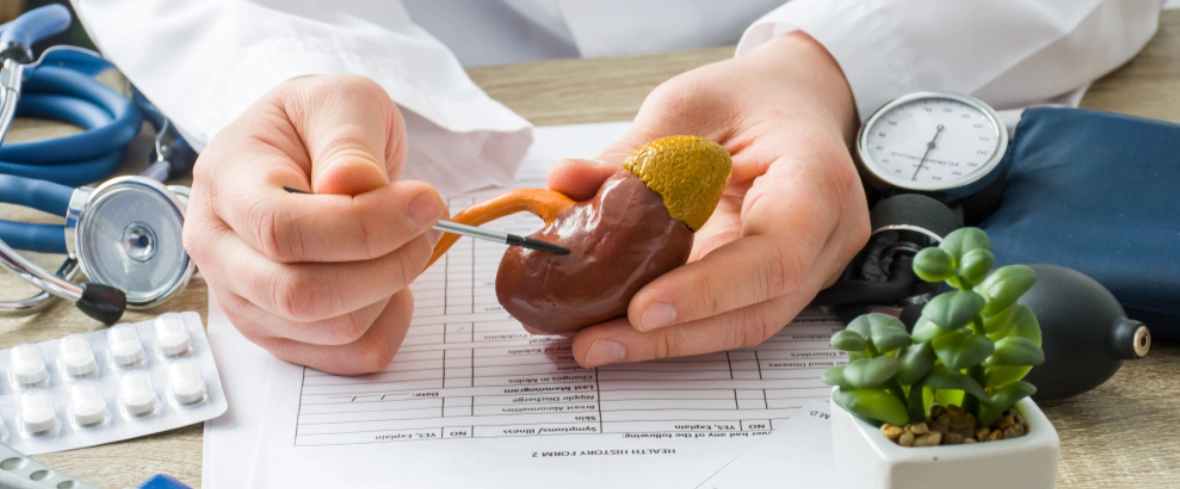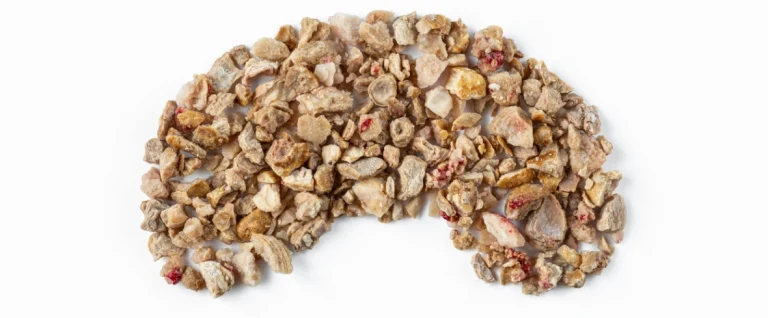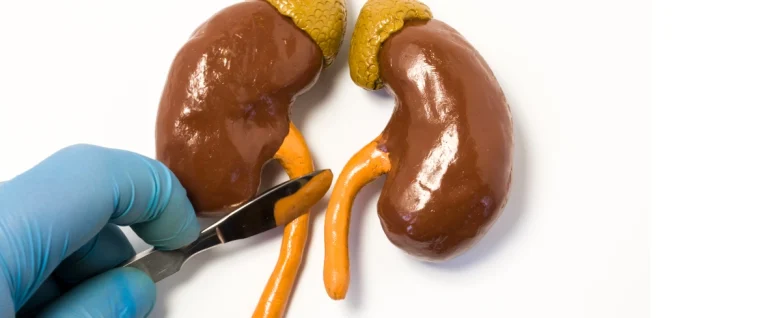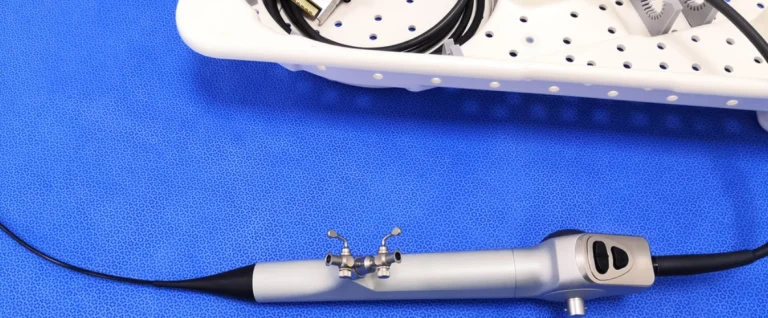Kidney stones are one of the most painful and common conditions affecting many people in India, particularly in urban areas like Navi Mumbai. While they can be effectively treated with modern medical advancements, prevention is always better than cure. Dr. Ajinkya Patil, a renowned urologist with clinics in Panvel, Vashi, and Kharghar, shares expert advice on how to reduce the risk of developing kidney stones.
In this blog, we’ll explore practical and easy-to-follow tips that can help you prevent kidney stones from forming, the role of hydration and diet, and how lifestyle changes can play a crucial part in maintaining healthy kidneys.
What are Kidney Stones?
Before we dive into prevention, let’s first understand what kidney stones are. Kidney stones are solid masses that form in the kidneys due to a build-up of minerals and salts in the urine. They can vary in size and may even grow large enough to obstruct the urinary tract, causing severe pain.
Kidney stones are not only painful but can lead to serious complications, such as urinary tract infections (UTIs), kidney damage, or complete blockage of the kidney. Therefore, preventing them is essential, especially if you have a family history or are prone to developing them.
Causes of Kidney Stones
There are several factors that can contribute to the formation of kidney stones. These include:
- Dehydration: Not drinking enough water leads to concentrated urine, which can form crystals that develop into stones.
- Diet: A diet high in salt, oxalates, and animal proteins can increase the risk of kidney stones.
- Obesity: Excess body weight can lead to metabolic changes that increase the risk of stone formation.
- Genetics: A family history of kidney stones can increase your risk.
- Medical conditions: Certain conditions like gout, hyperparathyroidism, and urinary tract infections can contribute to the formation of kidney stones.
Dr. Ajinkya Patil’s Advice on Preventing Kidney Stones
Dr. Ajinkya Patil emphasizes that preventing kidney stones involves a combination of proper hydration, dietary changes, and regular checkups with your urologist. Below are key tips and lifestyle changes to reduce the risk:
1. Stay Hydrated
One of the most important things you can do to prevent kidney stones is to stay hydrated. Drinking sufficient water helps dilute the substances in urine that can form stones. Dr. Patil recommends drinking at least 2 to 3 liters of water daily, especially in a hot and humid climate like Navi Mumbai.
- Tip: Keep a water bottle with you throughout the day and make a habit of sipping water regularly, even if you don’t feel thirsty.
2. Modify Your Diet
Diet plays a significant role in both the formation and prevention of kidney stones. Some foods can increase the risk of developing stones, while others can help prevent them.
- Reduce Salt Intake: Excess salt in your diet increases calcium excretion in the urine, which can lead to stone formation. Avoid processed foods and fast food, and try to limit your salt intake to less than 2,300 mg per day.
- Limit Animal Protein: Eating too much animal protein (meat, fish, poultry) increases the amount of uric acid in the urine, which can form uric acid stones. Consider replacing animal proteins with plant-based proteins like beans, lentils, and tofu.
- Reduce Oxalate-Rich Foods: Oxalate is a compound found in many foods, and consuming large amounts can lead to the formation of calcium oxalate stones. Foods high in oxalates include spinach, beets, nuts, and chocolate. While you don’t need to avoid these completely, it’s best to eat them in moderation.
- Increase Calcium Intake: Contrary to popular belief, increasing calcium intake from food sources like dairy products can help prevent kidney stones. Calcium binds to oxalates in the intestines and prevents them from entering the bloodstream and forming stones in the kidneys.
3. Maintain a Healthy Weight
Being overweight or obese can increase your risk of kidney stones. Excess weight is linked to higher levels of calcium and uric acid in the urine, both of which can contribute to stone formation.
Dr. Patil recommends maintaining a healthy weight by incorporating regular physical activity into your routine and eating a balanced diet. A healthy body weight not only reduces the risk of kidney stones but also helps improve overall kidney function.
4. Avoid Excessive Vitamin C Supplements
High doses of vitamin C (ascorbic acid) have been linked to the formation of kidney stones. When consumed in excess, vitamin C is metabolized into oxalates, which can then bind to calcium and form kidney stones. While vitamin C is essential for health, Dr. Patil advises against taking high-dose supplements unless recommended by a healthcare professional.
5. Avoid Sugary Drinks and Sodas
Drinks high in sugar, especially soda, increase the excretion of calcium and oxalate in the urine, leading to a higher risk of kidney stones. Additionally, sugary drinks often contain phosphoric acid, which has been linked to the development of stones. Dr. Patil recommends limiting sugary beverages and opting for water, herbal teas, or diluted fruit juices instead.
When to See a Urologist for Kidney Stones
If you experience any of the following symptoms, it’s important to consult a urologist like Dr. Ajinkya Patil for evaluation and early treatment:
- Severe pain in the lower abdomen or back
- Blood in the urine
- Painful urination
- Frequent urination, especially at night
- Nausea and vomiting
If you have a family history of kidney stones, have had stones in the past, or have any of the risk factors mentioned earlier, it’s also a good idea to schedule regular checkups with your urologist to catch any potential issues before they become serious.
Dr. Patil’s clinic in Panvel, Vashi, and Kharghar offers state-of-the-art diagnostic tools and personalized care to detect and treat kidney stones at the earliest possible stage.
Treatment Options for Kidney Stones in Navi Mumbai
If prevention fails and kidney stones develop, Dr. Ajinkya Patil offers a variety of treatment options based on the size, type, and location of the stones. These treatments include:
- Lifestyle Changes: For smaller stones, increasing fluid intake, adjusting diet, and taking pain-relieving medications can help pass the stones naturally.
- Medications: Certain medications like alpha-blockers can help relax the muscles in the urinary tract, making it easier for stones to pass.
- Non-Surgical Options: If stones don’t pass on their own, procedures like shock wave lithotripsy (SWL) or ureteroscopy can be used to break down the stones into smaller pieces, making them easier to remove.
- Surgical Options: In severe cases, surgery like percutaneous nephrolithotomy (PCNL) may be required to remove large stones through a small incision in the skin.
Dr. Patil’s clinic uses the latest technologies for kidney stone treatment, including Thulium laser surgery, which allows for precise, minimally invasive treatment.
Frequently Asked Questions
Blog – Prevent Kidney Stones
Final Thoughts from Dr. Ajinkya Patil
Preventing kidney stones is much easier than treating them. By following simple lifestyle changes, staying hydrated, and eating a balanced diet, you can significantly reduce your risk of developing kidney stones. If you experience any symptoms or have a family history of kidney stones, don’t hesitate to visit Dr. Ajinkya Patil at his clinics in Panvel, Vashi, or Kharghar for a consultation.
Remember, early intervention is key to preventing complications and ensuring your kidney health stays on track.
To learn more or schedule an appointment, contact Dr. Ajinkya Patil’s clinic today. Your kidneys deserve the best care!





Leave a Comment